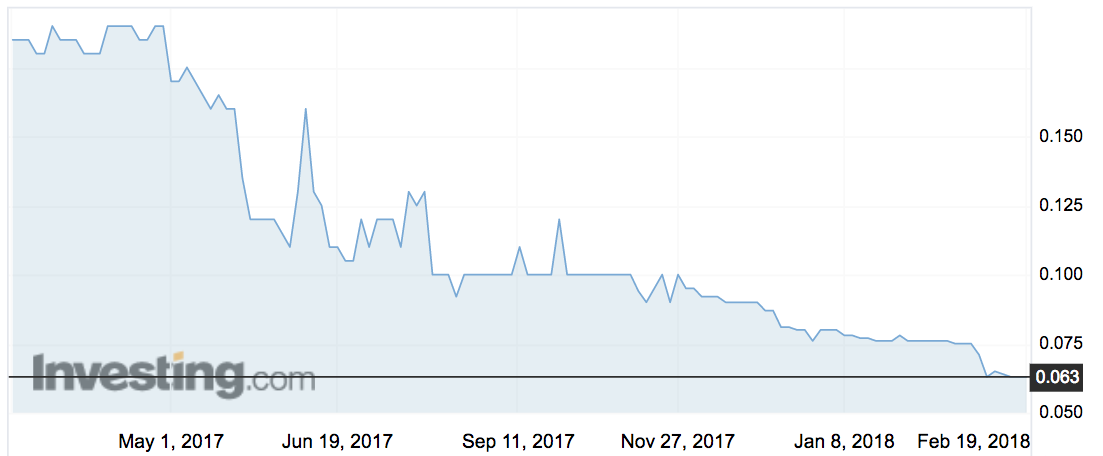InPayTech has lost a big client but is yet to tell the market

UPDATE: This story was published Tuesday 6am AEDT. InPayTech confirmed in an ASX announcement at 1.05pm AEDT it had lost WA Super as a client.
InPayTech appears to have lost one of its largest clients — but is yet to tell the market.
It’s understood the company (ASX:IP1) has known since before Christmas that WA Super was switching to a new clearinghouse provider.
WA Super still lists ClickSuper as a service provider, but has also publicly announced it is switching to SuperChoice on Monday.
A cached version of WA Super’s website says: “WA Super is excited to announce we’re switching to SuperChoice, a state-of-the-art clearing house service provider!
“At WA Super, we regularly review our corporate suppliers because it is our job to identify providers that offer quality services for the best price. Therefore, as part of a recent review and tender process, we’ve made the decision to switch to SuperChoice.”
Stockhead is seeking comment from InPayTech and WA Super.
This is not the first client loss InPayTech has delayed telling the market about.
The company said it had lost Xero, the first of its major customers to leave, on the day the accounting software firm switched to a new provider on August 7, rather than when the contract was not renewed.
At the time InPayTech said it had been in discussions with Xero since early 2017.
- Bookmark this link for small cap breaking news
- Discuss small cap news in our Facebook group
- Follow us on Facebook or Twitter
- Subscribe to our daily newsletter
InPayTech provides payment transfers, and has two software products to do that for businesses.
The one that accounts for 97 per cent of pre-commission revenue is a payroll superannuation product called ClickSuper.
It takes about four days to transfer funds from an employer to a superfund, a process that allows InPayTech to earn interest on the money while it’s in transit.
Just under 3 per cent of revenue comes from a new SME service called PayVu, which transfers money directly from a customer’s account to the super fund.
In the years up to the IPO in December 2016, float interest — the money in transit between an employer’s account and a super fund — accounted for about a third of revenue. That figure was between $300,000 and 450,000, according to the IPO prospectus.
The 2017 accounts, both quarterly and full year, did not specific how much revenue comes from float interest.
Financial hole
The loss of Xero put an annual $600,000 hole in InPayTech’s finances, according to a statement at the time.
The impact of the switch to the SuperChoice was unclear, but a source who wished to remain unnamed, told Stockhead it would be similar.

InPayTech has been struggling for the last two quarters.
The June quarter was its best performing period as a listed company, when it made revenue after commissions of $411,000.
By December last year, that had fallen to $286,000.
Expenses totalled $726,000 in December.
Maintaining customer relationships has cost $256,000 in the last two quarters, but that’s down from $780,000 in the June period.
The company spent $166,585 on software for the last three quarters.
The cost to maintain the employee share scheme, $99,000, is just under a third of what employee salaries in total cost the company.
The company listed at 20c a share but has not hit that price since. On Monday it closed just above its historical low or 6.2c, at 6.3c.
UNLOCK INSIGHTS
Discover the untold stories of emerging ASX stocks.
Daily news and expert analysis, it's free to subscribe.
By proceeding, you confirm you understand that we handle personal information in accordance with our Privacy Policy.







